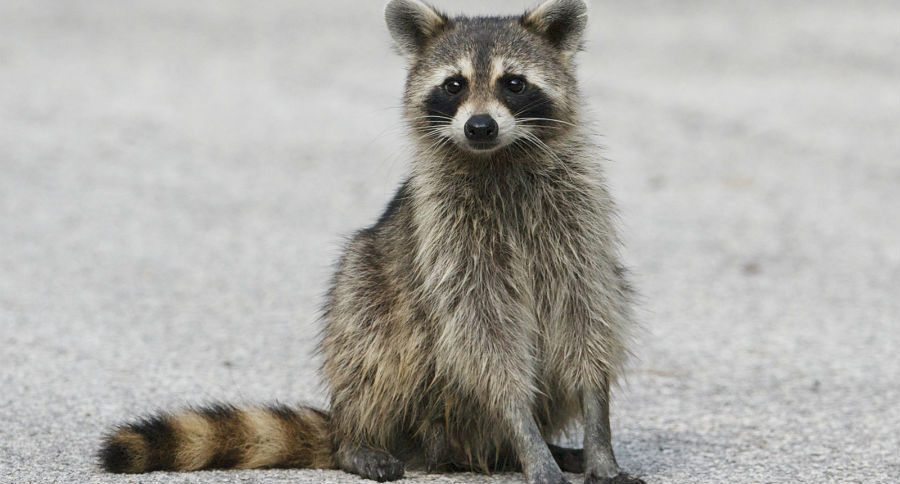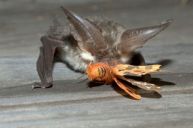Increased reports are coming in of domestic dogs acquiring a disease that looks like rabies, spread by raccoons in Minnesota. Here's what to look for.
The Minnesota DNR has released a newsletter report indicating that cases of domestic dogs acquiring a disease from raccoons are on the rise in the state.
The story reports that diseased raccoons are spreading a virus called canine distemper to domestic dogs. The DNR has documented cases of sick dogs in Olmsted and Yellow Medicine counties and diseased raccoons have also been reported in Dodge, Winona and Kandiyohi counties.
The disease is called canine distemper, and is spread through the air or by direct contact with urine, feces, blood or saliva. Its symptoms are much like rabies, with infected animals appearing lethargic, losing their fear of humans and seeming to become 'friendly', stumbling, shaking and wandering aimlessly. Other symptoms include respiratory signs such as sneezing and coughing, as well as discharge from the eyes and nose.
The report states that "canine distemper virus affects the central nervous system of mammals such as raccoons, foxes, wolves and skunks."
"Canine distemper virus does not affect humans," said Dr. Joni Scheftel, state public health veterinarian at Minnesota Department of Health. "However, distemper in animals can look like rabies, so it is important to stay away from sick wildlife."
Canine distemper has been found throughout Minnesota and other states, including Wisconsin, Tennessee, Virginia and Texas.
"...a few cases are reported every year, but there seems to be a rise in reports this year," said Dr. Michelle Carstensen, wildlife health supervisor for Minnesota DNR.
Dog owners should be sure that their pets are current with their vaccines. Keep your dog away from sick or dead wildlife if at all possible.
If a dead raccoon, fox or other disease carrying animal is found it can be buried where it lies. It may also be picked up with a plastic trash bag using gloves and placed in the garbage. Use caution and be sure to thoroughly wash your hands and clothes before having any contact with your pet after disposing of a wild animal.
Please go to the AVMA website to learn more about canine distemper.
Like what you see here? You can read more great articles by David Smith at his facebook page, Stumpjack Outdoors.
NEXT: Raccoon Family Play Time Caught on Trail Camera




